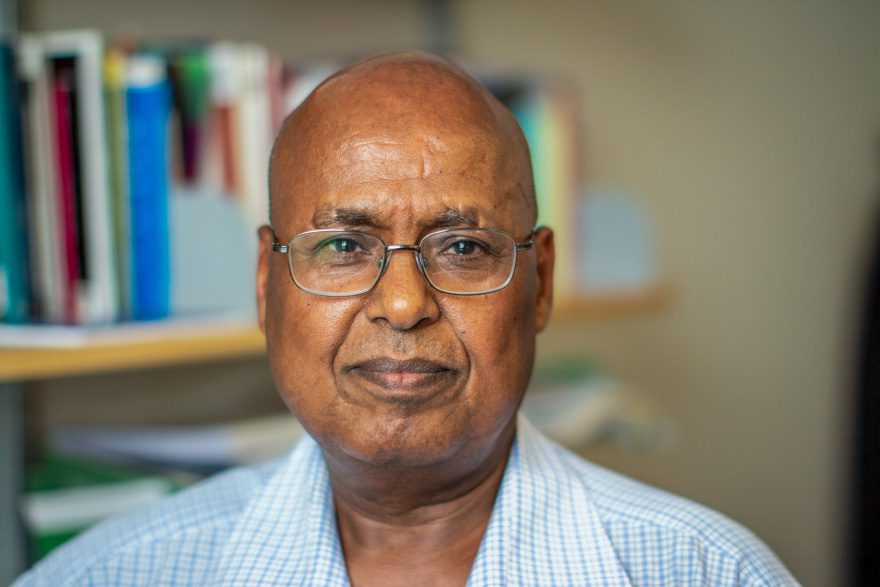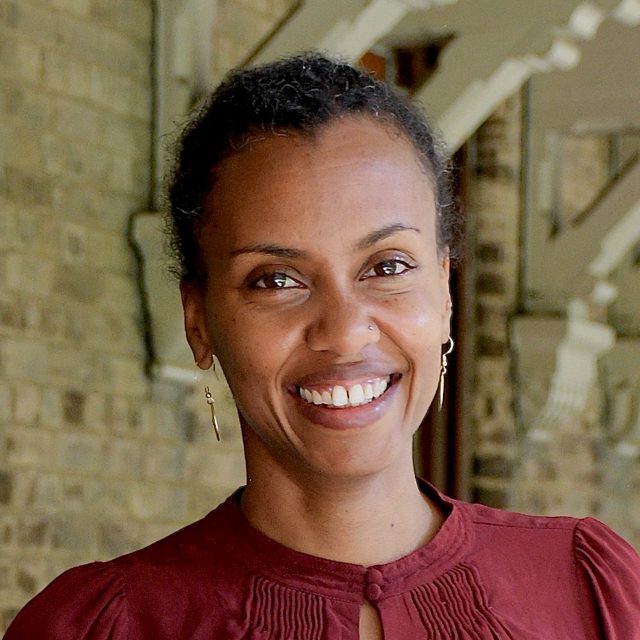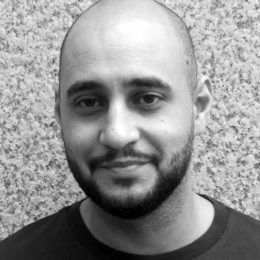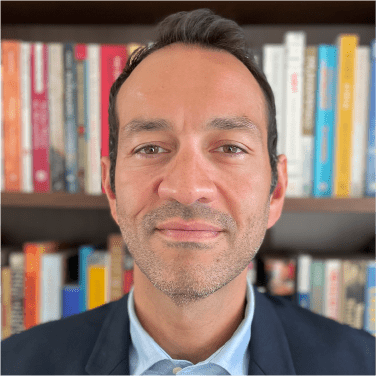The Battle for Sudan:
Drivers and Ramifications
May 15, 2023
Summary
A month after clashes first erupted between the Sudanese military and the Rapid Support Forces (RSF) in Khartoum, the Middle East Council on Global Affairs (ME Council) hosted a webinar on May 15, 2023, to gather expert perspectives on the ongoing military confrontation in Sudan and potential pathways forward. The discussion was moderated by Adel Abdel Ghafar, fellow and director of the Foreign Policy and Security Program at the ME Council, with perspectives from expert panelists, including Redie Bereketeab, senior researcher and associate professor at the Nordic Africa Institute at Uppsala University; Nasrin Elamin, assistant professor of anthropology and African studies at the University of Toronto; and Mat Nashed, independent journalist and political analyst. The panelists examined the historical background of the conflict, the role of international stakeholders, and the potential for peace-building.
Elamin began by charting Sudan’s historical background and the effects of its colonial past. She noted that, at the dawn of independence in 1956, Sudan inherited from Britain an extractive, export-oriented economy that benefitted Sudanese elites, who replicated colonial tactics to exploit groups from the country’s periphery. She then elaborated how the 1989 Sudanese coup d’état which brought military commander Omar al-Bashir to power led to the establishment of repressive structures to protect al-Bashir’s control. Crucial among these was the establishment of the RSF and Sudanese armed forces. The RSF not only squashed dissent and escalated conflict in Darfur, but in the words of Elamin, was “formed by al-Bashir to do his dirty work.” Despite dismantling trade unions and suppressing protests, the RSF was considered a legitimate body both within Sudan and internationally, by the USA and European Union. When the wave of popular protests and uprisings in the Middle East reached Sudan in 2018, Khartoum gathered popular momentum to overthrow al-Bashir. Elamin further elaborated that the balance of power in post-revolutionary Sudan, after the protracted negotiation between the elites and the army, tipped in the favor of the military. According to her, the derailment of the transitional process by military coups has been a recurring feature within Sudan’s political history. However, Elamin cautioned that ignoring popular and local elements of the revolution has allowed the military to thrive in Sudan. Coupled with this, the civilian elite of the country has sought to safeguard their interests at the cost of Sudan’s marginalized groups. As time progressed and the call for greater autonomy increased, it was hoped that the RSF would be absorbed into the military, making room for other organizations to lead the way. However, instead of making way for a popular democratic transition, the country witnessed a power struggle between the two entities for political and economic control.
Nashed then turned the discussion to the escalating military tensions on the ground. He argued that the army is acting as a subsidiary of the state, while the RSF wants to be recognized as a “transnational entity.” In his analysis, there are two levels of sophisticated warfare at work. The “simplistic warfare” on the ground has been targeting civilians through looting and raiding. Nashed identified another type of warfare—“informational sophisticated warfare” —through which each group tries to frame the other for violating peace and international conventions. According to Nashed, international media, onlookers, and the international community should critically evaluate these actions and the accompanying propaganda.
Abdel Ghafar subsequently asked about the nature and scope of the confrontation. Nashed responded that two factors can lead to a protracted confrontation. Both the RSF and the Sudanese armed forces have the necessary resources and experience to engage in sustained armed conflict. As the country’s economy deteriorates, both structures act as internationally financed venues for employment. Nashed argued that neither the RSF nor the Sudanese military forces will accept a ceasefire or negotiate until one has significant leverage over the other. Additionally, international stakeholders including the U.S. and the EU, are waiting for a winner. However, a more pragmatic approach would be to invest in a third party that is driven by civil society groups so that the economic hold of the military can be loosened.
Abdel Ghafar followed up by asking Bereketeab to evaluate the role of international actors in the ongoing conflict. Bereketeab answered by stressing that a robust solution will have to come from within Sudan and that any international intervention that goes beyond empowering civil society is bound to create more tension. He observed that Sudan lacks a representative apparatus, which otherwise would have empowered the marginalized sections of the society. In his view, this has also prevented the formation of a homogenous and strong Sudanese identity. Bereketeab then proceeded to identify the international agents which have been engaging with Sudan. The relationship between Gulf countries and Sudan stretches back millennia and is characterized by profound historic, political, and economic ties. Ever since the overthrow of al-Bashir, Egypt has maintained close ties with the military regime of Sudan. In contrast, Sudan’s immediate neighbors want the country to decide its political future, free from international intervention.
Elamin then spoke about Saudi and Emirati investments and land grabs. If the Sudanese military has garnered support from Egypt, Elamin maintained that the RSF has, in the past, acted on behalf of Saudi Arabia in Yemen, effectively operating as a transnational organization. Elamin argued that most international actors aim to safeguard their interests, thereby legitimizing these military groups and ignoring the aspirations and needs of Sudan’s civil society groups. Instead, the immediate concern of the international community should be to stop the fighting and empower local, civilian resistance groups and the structures that have been put in place by those working on the ground. Both Nashed and Bereketeab agreed with Elamin’s proposition, that Sudan’s unique and liberal culture of trade unions, ethnic tribes, and resistance groups should be empowered by external actors.
During the subsequent question and answer session, the panelists also advised the international community more specifically on how to help. Nashed identified an immediate need to provide trade unions and hospitals with direct, foreign cash as black-market currency prices soar. He also stressed the importance of amplifying the voices of those working on the ground. Elamin reminded viewers of the devastating impact of the conflict on the country’s rural economy and agriculture and the importance of supporting the unions and other organizations in this sector.
Speakers

Redie Bereketeab
Senior Researcher and Associate Professor, The Nordic Africa Institute, Uppsala University

Nisrin Elamin
Assistant Professor of Anthropology and African Studies, University of Toronto

